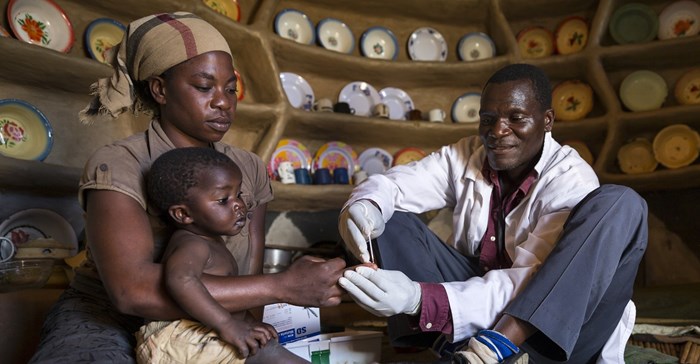
Top stories






More news


Marketing & Media
Ads are coming to AI. Does that really have to be such a bad thing?













SMS for Life 2.0 is a joint public-private partnership led by Novartis and supported by its partners, the Kaduna region state ministry of health and Vodacom.
“Companies must join forces with the public sector to co-create innovative solutions to improve access to healthcare around the world. This is the first step in what we hope will be an impactful public health initiative, unleashing the potential of mobile technology and big data to increase the quality of care for underserved patients.” said Joseph Jimenez, CEO of Novartis.

SMS for Life 2.0 builds on the SMS for Life programme launched by Novartis in 2009, which used cell phones to manage stock-outs of malaria medicines in more than 10,000 healthcare facilities in sub-Saharan countries.
The new and enhanced programme will now use smartphones and tablet computers to address key operational challenges at peripheral healthcare facilities in Kaduna State. Local healthcare workers will be able to track stock levels of essential antimalarials, vaccines, and HIV, TB and leprosy treatments, and send notifications to district medical officers when stock levels are low.
It will also monitor surveillance parameters of malaria, maternal and infant deaths and seven other diseases, including measles, yellow fever and cholera. In addition, SMS for Life 2.0 will enable training of healthcare workers in local facilities using on-demand eLearning modules.
Medicines do not always reach the patients who need them, particularly those living in remote areas. Running out of stock is a major hurdle in ensuring access to essential treatments. By increasing stock visibility, health authorities will be able to monitor stock levels of these medicines in real time.
Furthermore, disease surveillance data combined with the stock reporting function can improve supply chain management, by allowing authorities to better forecast demand for the treatments. This will help to ensure people get the medicines they need in a timely fashion.